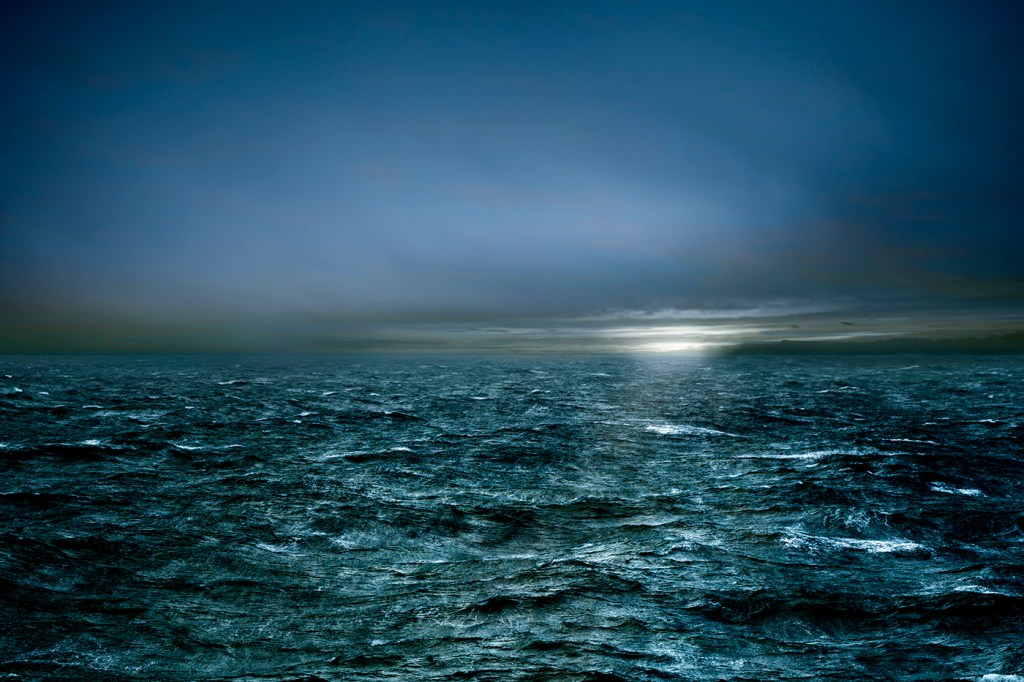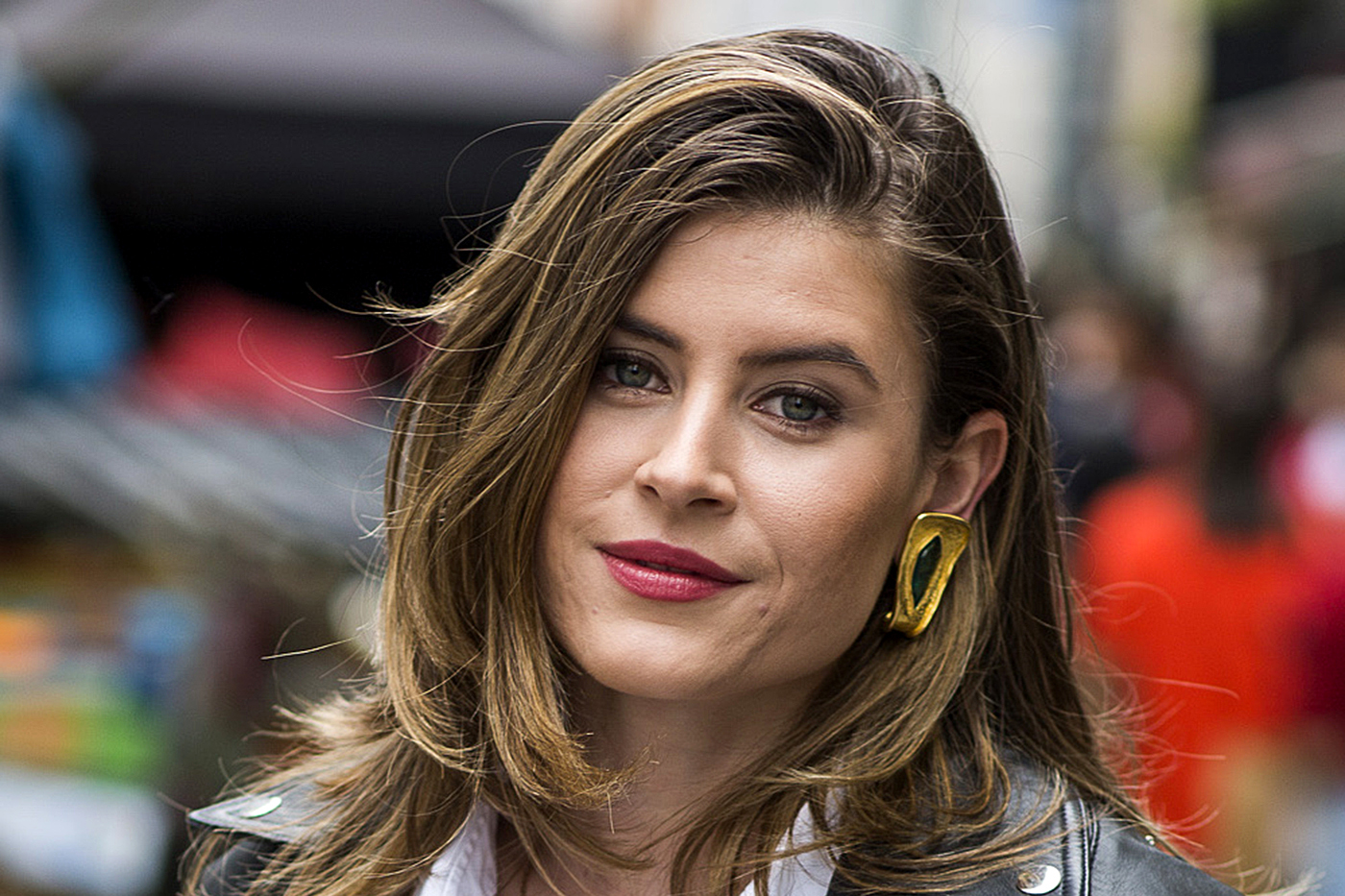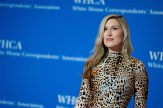The world’s oceans are in peril. This Northeastern graduate wants Generation Z to care.

Four months after hurricanes Irma and Maria devastated the Caribbean, 15 teams from islands across the region gathered in Antigua to develop high-tech solutions to help victims cope with future disasters.
“Most of the room had survived an earthquake, a hurricane, or is facing changing climate,” said Daisy Kendrick, a Northeastern graduate whose nonprofit organized the event. “But they rarely get the opportunity or the support to be able to come up with their own ideas.”
Kendrick founded Ocean Generation in 2016 to help young people better understand the problems plaguing the world’s oceans. Over the past two years, she has worked with a fishing community in Haiti, a group of students in Saint Lucia, and other island communities to help them cope with the challenges posed by overfishing, plastic pollution, and climate change.
Kendrick is also a member of Northeastern’s Young Global Leaders program, which comprises more than 100 recent graduates who advise university leadership and help to strengthen Northeastern’s network of international alumni.
At the event in Antigua, computer programmers from the Caribbean worked with software developers from Google, MIT, and other companies to develop technological solutions to help people recover from natural disasters. One team designed an emergency communications network that operates even when Wi-Fi and phone lines are knocked out by storms.
My whole idea behind Ocean Generation was my generation, Gen Z, needs to start talking about climate change and oceans.
Daisy Kendrick, Northeastern graduate
Kendrick said she didn’t start thinking about climate change until the summer before her senior year at Northeastern. She had studied or worked abroad in the Dominican Republic, France, and Japan, but it was her co-op with the United Nations in June 2015 that turned her gaze toward the oceans.
She was working as an advisor for the Caribbean island of Grenada. Small nations like Grenada don’t have nearly as many staff at the U.N. as some of the larger, wealthier countries, so Kendrick would attend meetings to take notes for the ambassador, who couldn’t be everywhere at once.
At the time, the U.N. was discussing its sustainability goals to address climate change, eliminate hunger, and conserve the world’s oceans. Many of the meetings Kendrick attended concerned issues that disproportionately affected island nations, such as overfishing or rising sea levels.
“I was thinking, ‘How do I not know about this? Why are my friends not talking about this?,’” she said.
Kendrick proposed creating a song to raise awareness of ocean issues, specifically among young people. She suggested it be called “We are the Oceans,” a title inspired by “We are the World,” a 1980s collaboration of recording stars used to raise funds to combat famine in Africa.

Just before Kendrick’s final semester at Northeastern, a London music publisher contacted her to say that their artists had written a song for her cause. The two years since she’s graduated have been a whirlwind of opportunities and collaborations.
“My whole idea behind Ocean Generation was my generation, Gen Z, needs to start talking about climate change and oceans,” Kendrick said.
Kendrick has connected with artists around the world, including British singer-songwriter Joss Stone, to record their versions of the song. She has worked with the makers of Angry Birds to create a series of mini-games to teach players about issues affecting the oceans. And she has formed a partnership with the U.N. Office of Project Services to work directly with communities in the Caribbean.
“It’s really powerful and inspiring for me to see more and more people join this collective,” Kendrick said, “to see more and more people caring and more and more people wanting to get involved.”
She hopes to team up with Northeastern and the Young Global Leaders program to tackle some of the U.N.’s sustainability goals.
“There’s so much more room for opportunity to actually bring together these people and do something,” she said. “I think there’s a lot of potential there.”





